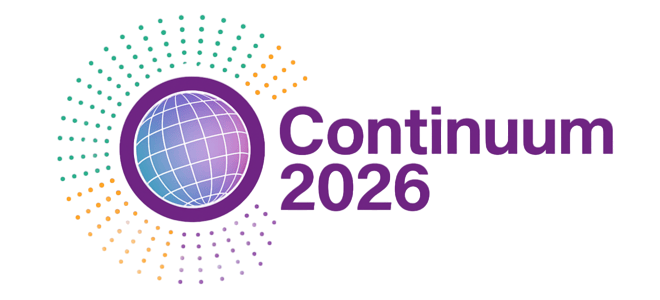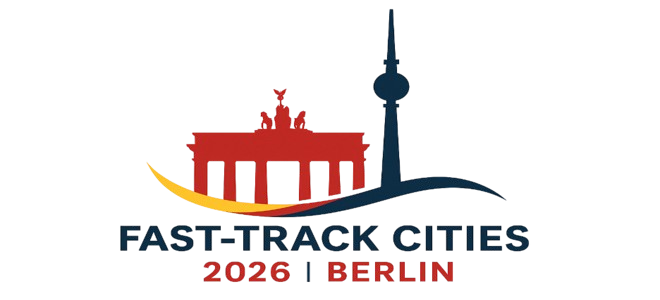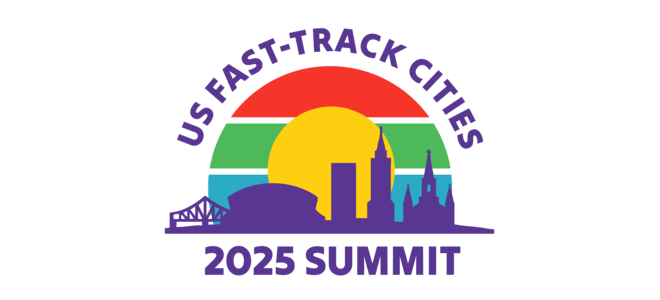Endless Urgency: Saving Our Strength for an HIV Response in Crisis
By Dr. José M. Zuniga
I recently came across a Substack titled “Endless Urgency,” two words that, when paired, feel almost painfully familiar to anyone engaged in the HIV response. The phrase has lingered with me, not only for its accuracy but for the weight it carries. Ours has always been a field defined by urgency: the urgency to diagnose, to treat, to prevent, to fund, to legislate, to defend human rights, to preserve hard-won progress. But what happens when urgency becomes endless? When it is no longer a rallying cry, but a way of life?
For those providing care, the sense of perpetual crisis has become the quiet backdrop to every clinic day. There is fear in the waiting rooms. The needs more complex, particularly for highly marginalized and vulnerable populations of people. The service disruptions have very real world affects on human lives. There is little time to pause, to reflect, or to grieve the political ideology that make the work harder than it should be. For advocates, it feels like running a marathon that never ends. We find ourselves shouting over political noise, countering misinformation, and pushing against policy shifts and budget cuts that threaten to roll back decades of progress. The pandemic years intensified this strain, but the truth is, the feeling of endless urgency predates COVID-19. It is built into the very DNA of a response that has always had to fight for attention, for funding, and for justice.
In the United States, we are again reminded of how fragile progress can be. Budget cuts, policy shifts, and growing threats to civil liberty are unravelling much of what has been achieved in the US HIV response, including the federal Ending the HIV Epidemic (EHE) initiative. Globally, the same story plays out in different forms, with tragic reversals precipitated by the dismantling of USAID, paralysis at PEPFAR, disinvestment in WHO, and threats to UNAIDS. Yet the people doing the work carry the same exhaustion in their bones. The emotional toll is real: burnout, moral distress, compassion fatigue. We rarely speak of these things aloud, perhaps out of fear that naming them makes them heavier or reflects weakness. But acknowledgment is not weakness; it is honesty.
Still, there is something extraordinary about the HIV community. The endless urgency we feel is born not of panic, but of care. It is the heartbeat of people who refuse to accept preventable suffering and hastened deaths. It is what drives clinicians to stay late, case managers to keep calling, advocates to organize one more rally, researchers to test one more hypothesis. That collective persistence is both our community’s burden and our strength, as it has been for many decades on our collective journey to end AIDS as a public health threat.
But we must also learn that urgency cannot be sustained without rest. The HIV movement has always drawn its power from solidarity – from people and institutions lifting each other up when the weight becomes too much to bear alone. That solidarity must now extend to the realm of self-care. We need to normalize rest as resistance, reflection as renewal, and community as medicine. The work will not stop, but neither should our humanity. We must preserve our strength for the continuing onslaught on our common humanity through dehumanizing government action and inaction.
If endless urgency defines our history, perhaps enduring hope can define our future. Let us continue the good fight with empathy, with truth, and with care for one another. Because the HIV response has never just been about laboratory values. The HIV response has always been about dignity, love, and the shared belief that no one is beyond the reach of healing.
Dr. José M. Zuniga is President/CEO of IAPAC and the Fast-Track Cities Institute.





